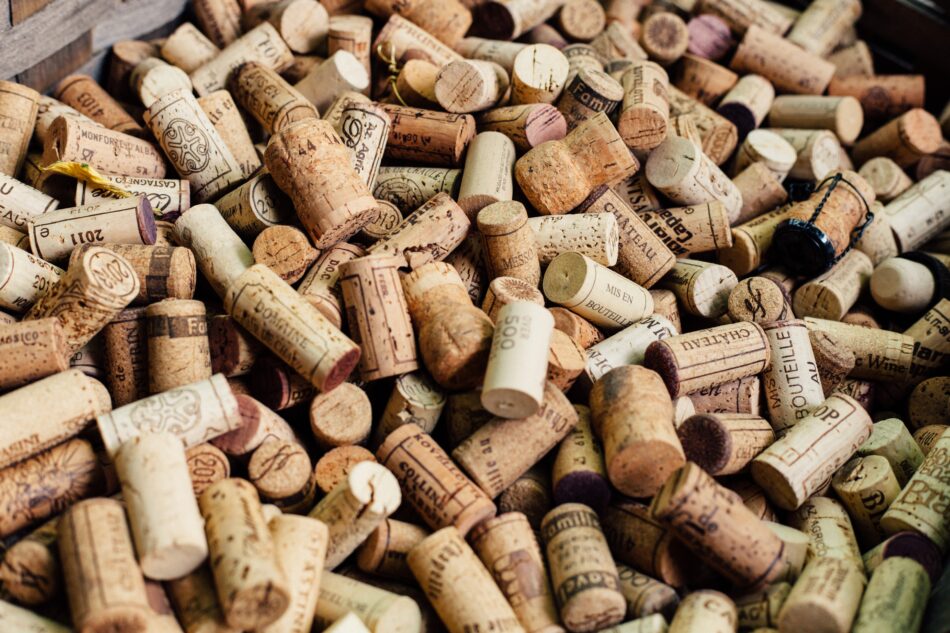How to Reduce Recycling Contamination
Contaminated recycling causes problems and means waste goes to landfill or is incinerated. Find out how to reduce recycling contamination in your business.

Cork is a material that’s been used for thousands of years in many ways – most commonly as a stopper in bottles. It’s a natural and organic material made from the bark of the cork oak tree. The good news is that cork recycling is commonplace across the UK.
Both households and businesses can produce lots of cork waste that must be recycled and disposed of correctly to help protect the environment. Discover everything you need to know about recycling cork in the UK and disposing of it in a safe and responsible manner.
Humans have used cork for more than 5,000 years and it’s been known since antiquity. Ancient civilisations such as the Ancient Egyptians and the Greeks used cork as a flotation device, a bottle lid and even for medicinal purposes including hair loss treatments.
Although we have no idea who first invented cork as a material, it’s believed that the famous Benedictine monk Dom Pérignon devised the first cork stopper to seal his bottles of champagne.
Cork is a naturally occurring raw material derived from the bark of the cork oak tree. Harvested cork is composed of the following chemicals:
Cork isn’t made but harvested from the bark of the cork oak tree. Cork is extracted from the tree without causing lasting damage. Workers involved with harvesting cork are known as extractors, and they use a unique axe to cut into the tree. The general process to create cork is:
Yes, you can recycle cork as it’s made from organic material. Recycling schemes such as Recorked UK accept used corks from individuals and all sorts of businesses to recycle and reuse. Some recycling centres also accept corks for recycling in the UK, though check with your local authority first.
Cork is a naturally occurring, organic material – which means it’s not usually included with other recyclables like plastic. You can dispose of cork in a few different ways:
No natural corks should not be thrown away with food waste. While old corks do degrade naturally over time, they don’t always break down properly when they go through anaerobic digestors. You also shouldn’t throw corks away with garden waste – instead, consider the recycling and disposal methods mentioned above.
Cork is a useful material that is environmentally friendly and sustainable. As a result of this, it’s usually a primary choice for products like bottle stoppers. There are alternatives available such as artificial cork bottle stoppers, which are less expensive but also less sustainable for the environment.
A few key facts about corks are that:
Find out more about other rubbish streams.
Get a fast FREE quote for your cork waste disposal
Contaminated recycling causes problems and means waste goes to landfill or is incinerated. Find out how to reduce recycling contamination in your business.
Many tourist hotspots look great in the photos but are sadly surrounded by rubbish and litter. Discover the 10 dirtiest hotspots in the world to avoid.